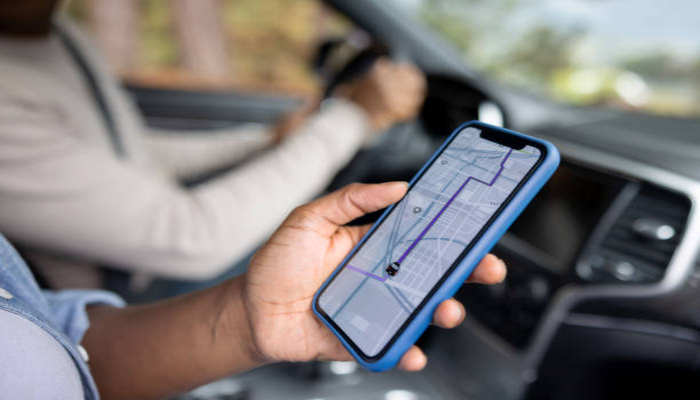
In a remarkable attainment that adds an extra layer of attraction to the iPhone's functionality, Globalstar, Apple's ally and the provider of satellite for its iPhones has been greenlighted by the Federal Communications Commission (FCC) for one of its proposals.
FCC last week nodded to Globalstar's proposal aimed at launching 17 out of 26 satellites “to replenish and enhance” the existing mobile network on iPhones by incorporating better satellite features than before.
“Globalstar is authorised to deploy up to 17 replacement satellites initially, with the remainder (9 satellites) authorised for deployment pending Commission approval of an updated orbital debris mitigation plan,” the FCC said in the order.
Read more: 'Users' personal data will remain protected on new Gemini AI features'
Given that, the approval is an indication that the iPhone 17 series will feature better satellite features than the impending iPhone 16 series.
These satellites are designed to revamp Globalstar’s first-generation low-Earth orbiting satellites that float in space at an altitude of 1,414 kilometres.
This "is expected to result in improved performance and coverage for Globalstar’s mobile satellite services, including Direct to Device satellite connections, around the world," Globalstar said in response to the FCC approval.
Perhaps the “Direct to Device” in Globalstar's comment means how Globalstar integrates features on Apple iPhones, including the ones meant to establish a connection between iPhone users and emergency services via Apple’s satellites.
Regarding Globalstar's eight of the replacement satellites, the FCC said they are set to launch “prior to the end of 2025.”
















